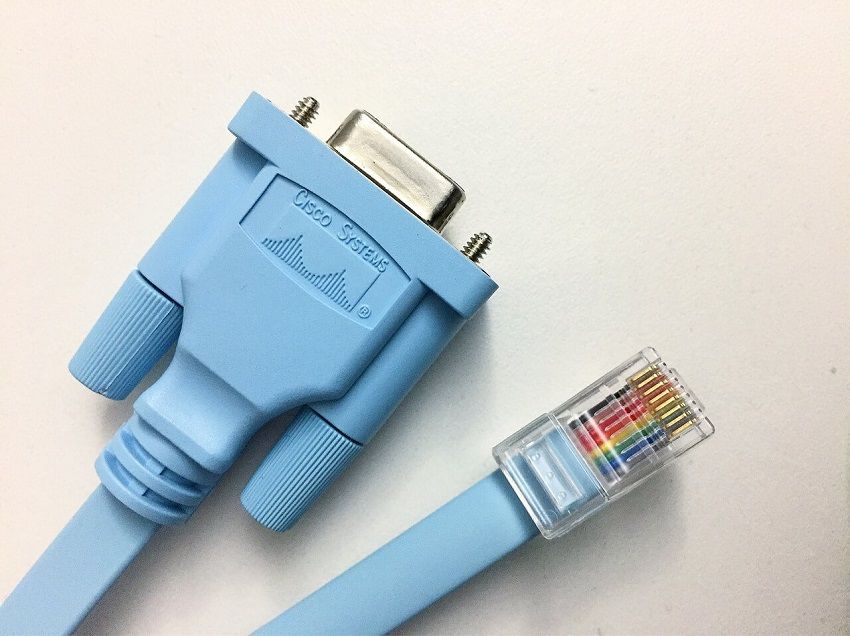
Cisco Certification Guide - Overview and Career Paths (Part 2)
In the first part of the Cisco Certification Guide, we discussed the various levels of Cisco certifications starting from basic level courses and going right up to professional level certifications. In the second part, we will explore the final architect level certification along with discussing various other aspects of Cisco certifications like the latest curriculum update, the importance of these certifications in today’s environment, best study-related techniques and tools, the jobs available to Cisco certified professionals, their expected salaries and more.
Let’s start off first with the final level of Cisco certifications i.e. the architect level certification.
Cisco's Architect-Level Certifications
If you are at a senior level position in the IT sector or even involved with business management in a C-level executive position, then the Cisco Certified Architect certification is designed to allow you to build networks that conform and work under your defined business requirements and goals.
The CCAr certification is aimed at those individuals who are in top-level managerial positions and are entrusted with the tasks of aligning business strategies with IT networks. These individuals are the ones who plan, develop and implement entire networks of large scale organizations, making them highly valuable resources.
If we compare the CCAr with conventional education, then you can easily consider this certification equivalent to achieving a doctorate in a field.
However, this certification is not for everyone as it requires a very deep ended knowledge of networking which can only come after an individual has worked for some years in the IT domain. So, if you have progressed up till the expert level certifications in the path, it is better to stave off this certification for a few years and gain some relevant experience before taking this exam.
The CCAr has a very restrictive passing ratio, however, and that’s exactly the reason why people believe it to be the most complex and difficult course to ace in the whole Cisco certification path.
Its course contents and requirements are so stringent that if you don’t have at least 5 years of IT experience in a managerial or above role, its highly recommended that you don’t opt for this certification, because even if you, your chances of passing it are very low.
When Will Cisco Announce Its New Certification Path?
Cisco is in actuality, a manufacturer of network and IT related products and technologies. The firm is progressing all the time to bring cutting edge IT product solutions to enterprise firms in order to ensure that their needs with regards to inculcating the newest technological solutions are met.
Their certifications also have to ensure that they provide updated knowledge to individuals regarding their changes in products and methodologies.
These certifications, therefore, cannot be rigid and Cisco tends to roll out updates every few years as per requirements.
These updates can contain two different things.
Firstly, the courses get updated. This usually occurs when a sub-part of an existing knowledge group has undergone a major change for e.g. if there is a new feature or product related to network topologies, so the whole certification won’t change but a part of it which is related to the topic will have an addition or an alteration.
Secondly, Cisco retires redundant courses or brings in new ones. Cisco understands that some certifications stop holding value after the topics they focused on are not of use in today’s IT domain, so it removes them altogether from its own certification paths.
But still, these retired certifications hold some value and even act as recognized pre-requisites for some courses in the existing certification path. If you currently hold such a certification which Cisco no longer offers, then it's better to take up existing certifications in order to keep yourself updated with the latest technologies and updates with regards to your domain.
The latest update will roll out in a very short span of time i.e. by February 24th, 2020. This rollout will bring major changes to CCNA, CCNP and CCIE courses. So if you are currently planning to undertake any certification like the CCIE security certification under the current path, you only have till 23rd February 2020 to complete it.
In this rollout, Cisco is also introducing two new certifications i.e. the DevNet Associate and DevNet Professional Certifications.
How to Study for These Certifications?
The Cisco Certification path’s difficulty level rises up as you progress upwards on the certification hierarchy, which means that the course becomes more and more technical as you keep rising up from each level.
The associate and beginner level certifications can be easily prepared for after self-study sessions. However, if you are not a professional with experience in an IT role and are just beginning out in this field, you will certainly need training resources online to prepare for these certifications.
This is especially true in some of the more technical certifications for e.g. most individuals opt for CCIE routing and switching online training as they find it difficult to get through network basics without any prior knowledge on the domain.
While preparation through online training resources is not quite necessary at the lower levels, the importance of training through such preparatory courses increases as you progress on to the expert and professional level certifications.
These certification levels are hard to pass as can be easily deduced from their low passing ratio, so its strongly recommended that you don’t just rely on self-study to prepare for their exams and opt for dedicated training courses in order to improve your chances of passing these certifications in the first attempt.
For taking an exam, you will have to enroll yourself in a course, pay a certain registration and exam fee which differs from course to course and then finally appear in an exam at the Pearson VUE exam center.
The Cisco certifications are available worldwide so no matter where you’re located on the globe, you can still take them and bring value to your existing skills and knowledge as an IT resource.
What Scope Do These Certifications Hold In The Future Network Domain?
Cisco currently is and will continue to be one of the most influential players in the IT and networking domain. As new technologies like AI, IoT, machine learning and cloud continue to re-interpret the way we understand and work in an IT enterprise environment, newer, more complex resources will be introduced by Cisco to allow firms to leverage these new technologies in the best manner possible.
So it’s imperative for individuals to understand the basics as well as hold high ended knowledge regarding Cisco products if they want to keep themselves relevant to emerging job roles in the IT environment.
Many current companies are actively looking for Cisco certifications in the talent they want to hire in their IT departments, so if you are really keen on building a strong career in this domain and gain more chances of being a preferred resource for such firms, you certainly need to undertake these certifications.
These certifications are also highly valuable if you are running your business as they can serve as an excellent marketing collateral and a validation of your skillset in the field you are working in, making your customers trust you more.
What Are The Job Roles Offered To Different Certification Levels?
The domains in which Cisco certifications provide knowledge on diversify the kind of jobs available to individuals who undertake these certifications. These domains include networking, cybersecurity, wireless infrastructure, cloud computing among others.
Some of the prevalent jobs for Cisco certified personnel are that of a network design engineer, telecommunications network engineer, computer security specialist, IT manager among others.
On top of all this, with the growing importance of IT in businesses and the emergence of new technologies, there will be many new job roles that will open up to Cisco certified personnel in the very near future.
The Expected Earning of Cisco Certified Individuals:
The earning potential of each certification in the Cisco path varies depending on the individual’s work experience, its location and the industry it is working in. But generally, certified individuals often receive a much better salary than those individuals who are not certified. The same holds true for Cisco certified personnel. The average salary of a CCNA certified individual is $77,000 but experienced individuals with this certification can earn up to $99,000 per year as well.
